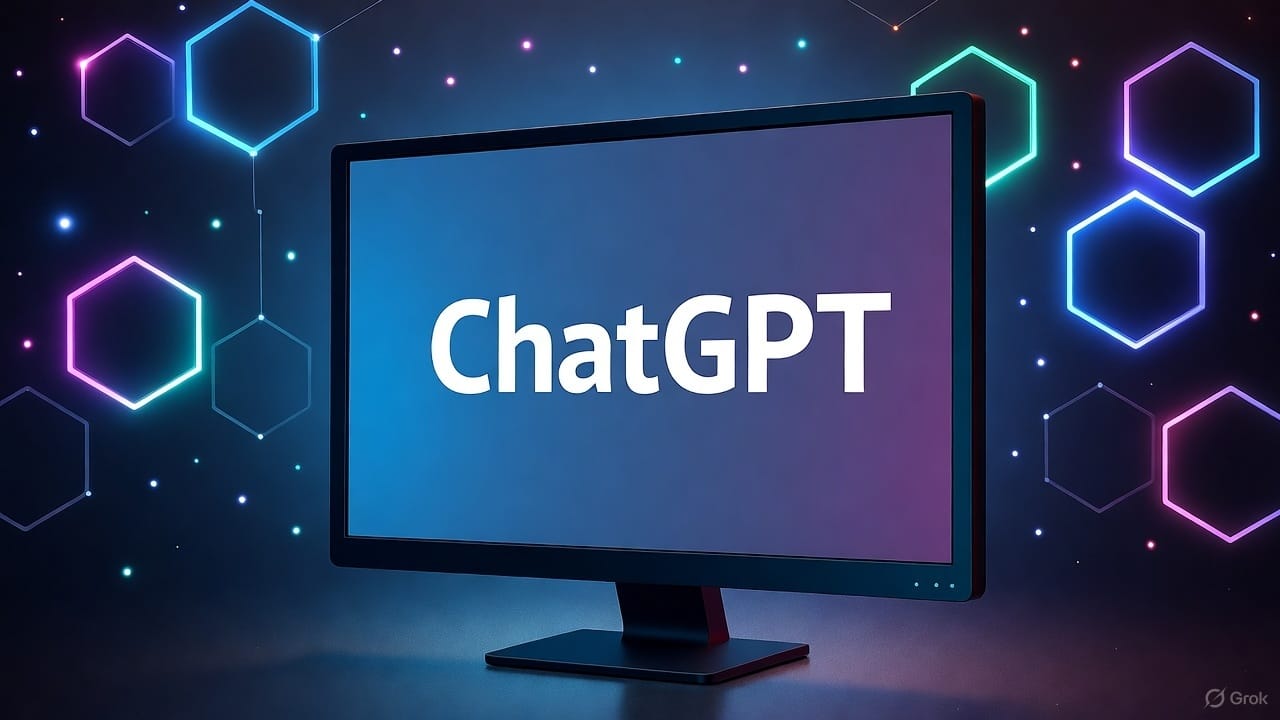- Shortlysts
- Posts
- AI Searches Challenge Search Engine Optimization for Online Supremacy
AI Searches Challenge Search Engine Optimization for Online Supremacy
AI search engines are challenging traditional search engine optimizations for supremacy in online shopping.

What Happened?
Thanks to the rise of AI programs like ChatGPT, AI searches are now challenging traditional search engine optimization (SEO) for supremacy in online shopping. According to Adobe, AI-driven referrals to U.S. retail websites increased more than tenfold from July 2024 to February 2025. For Walmart, the largest retailer in the United States, ChatGPT is now its single largest referrer, accounting for 20% of total referral traffic.
AI programs like Google’s Gemini, OpenAI’s ChatGPT, and Perplexity are among the most popular AI programs driving the shift in consumer behavior.
Why it Matters
Electronic commerce, or e-commerce, has been on the rise since the early 2000s. For most of the time between the early 2000s and today, SEO dominated the way consumers found goods and services to buy online. With an SEO such as Google, users type in queries and receive a long list of websites from which to choose or click on. But with AI programs, queries result in only a handful of top results chosen by the AI algorithm.
The result has been a dramatic drop in the number of hits to the websites of a wide range of small and large businesses as AI handles the queries based on the reputation of the firm in question instead of the quality of its website. Consumers end up bypassing many websites they would have seen and potentially clicked on had they used SEO, and instead are directed to a much smaller number of more trusted results.
AI programs look for trust markers such as consumer reviews to formulate their recommendations. By contrast, SEOs are often influenced by paid advertisements, which end up putting results with the most ads in front of consumers. In that system, whoever could buy the most ads often got the most eyeballs on websites and usually the lion’s share of consumer attention.
AI programs are influenced more by an assessment of quality and trustworthiness than paid advertisements. To explain how AI programs do that, the analogy used by Brand Rank AI’s CEO, Pete Blackshaw, is the fruit smoothie. While SEOs give you a list of items on a menu to choose from when you do a search, the AI programs serve you an already-made fruit smoothie filled with the results they mixed together by searching the internet.
How it Affects You
The rise of AI search engines is potentially good news for consumers because AI can help them find what they are looking for more quickly, but it can be harmful to those businesses that don’t show up on AI searches. In an AI-led search world, customer reviews and thus relationships with customers are the key to success, not paid advertising.